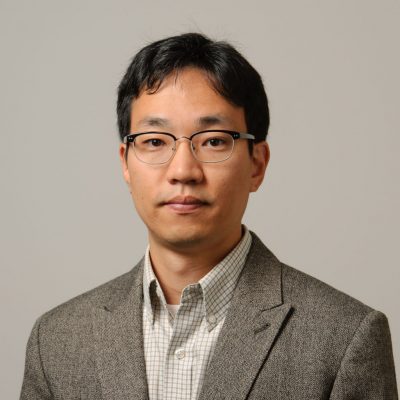 We’re thrilled to announce that Dr. Yongku Cho and his collaborator Dr. Jesse Rinehart from Yale University School of Medicine have been awarded $500,000 at the Tauopathy Challenge Workshop to investigate post-translational modifications in tau protein aggregates. These chemical changes, found in patients with Progressive Supranuclear Palsy (PSP) and Frontotemporal Dementias (FTDs), may increase tau aggregation and toxicity, both of which are critical contributors to these neurodegenerative diseases.
We’re thrilled to announce that Dr. Yongku Cho and his collaborator Dr. Jesse Rinehart from Yale University School of Medicine have been awarded $500,000 at the Tauopathy Challenge Workshop to investigate post-translational modifications in tau protein aggregates. These chemical changes, found in patients with Progressive Supranuclear Palsy (PSP) and Frontotemporal Dementias (FTDs), may increase tau aggregation and toxicity, both of which are critical contributors to these neurodegenerative diseases.
Funded by the Rainwater Charitable Foundation, CurePSP, Alzheimer’s Association, and the Aging Mind Foundation, the workshop took place in Chicago, bringing together leading neuroscience researchers from around the world to address critical knowledge gaps in tau pathology and neurodegenerative disease mechanisms. With no current treatments available for PSP and FTDs—both of which severely impact quality of life—collaborative research like this is essential in advancing our understanding and treatment of these conditions.
Dr. Cho and Dr. Rinehart’s research will explore whether specific chemical changes in tau proteins make them more prone to aggregation and toxicity, a hypothesis that has yet to be conclusively tested. If successful, their findings could open new avenues for treatments, offering hope to those affected by these debilitating diseases.
Read more on the Rainwater Charitable Foundation.
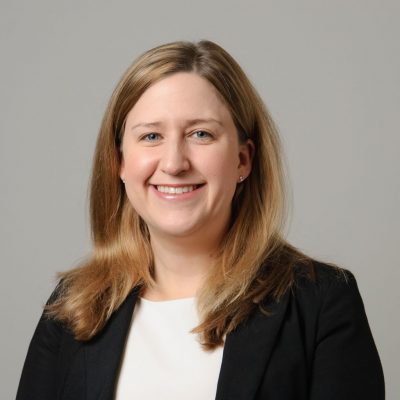 Congratulations to Professor Kelly Burke on their appointment as our new Head of the Chemical & Biomolecular Engineering Department!
Congratulations to Professor Kelly Burke on their appointment as our new Head of the Chemical & Biomolecular Engineering Department! We’re thrilled to announce that Dr. Yongku Cho and his collaborator Dr. Jesse Rinehart from Yale University School of Medicine have been awarded $500,000 at the Tauopathy Challenge Workshop to investigate post-translational modifications in tau protein aggregates. These chemical changes, found in patients with Progressive Supranuclear Palsy (PSP) and Frontotemporal Dementias (FTDs), may increase tau aggregation and toxicity, both of which are critical contributors to these neurodegenerative diseases.
We’re thrilled to announce that Dr. Yongku Cho and his collaborator Dr. Jesse Rinehart from Yale University School of Medicine have been awarded $500,000 at the Tauopathy Challenge Workshop to investigate post-translational modifications in tau protein aggregates. These chemical changes, found in patients with Progressive Supranuclear Palsy (PSP) and Frontotemporal Dementias (FTDs), may increase tau aggregation and toxicity, both of which are critical contributors to these neurodegenerative diseases.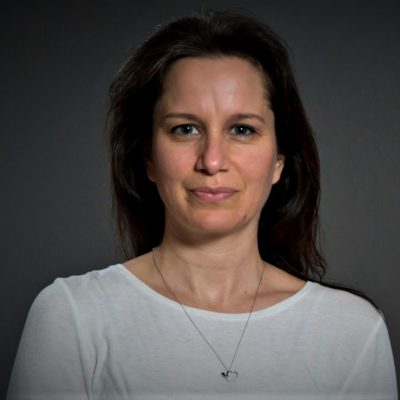 Congratulations to Professor
Congratulations to Professor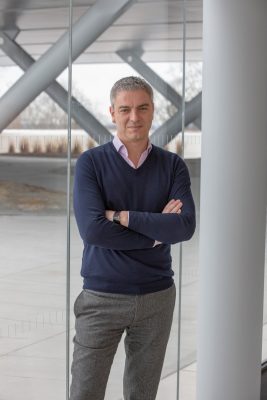 Warmest congratulations to Professor George Bollas on his appointment as the next Associate Dean of Research for the College of Engineering. Dr. Bollas currently serves as the Pratt & Whitney Endowed Chair Professor in Advanced Systems Engineering and the Director of the Pratt & Whitney Institute for Advanced Systems Engineering at UConn.
Warmest congratulations to Professor George Bollas on his appointment as the next Associate Dean of Research for the College of Engineering. Dr. Bollas currently serves as the Pratt & Whitney Endowed Chair Professor in Advanced Systems Engineering and the Director of the Pratt & Whitney Institute for Advanced Systems Engineering at UConn.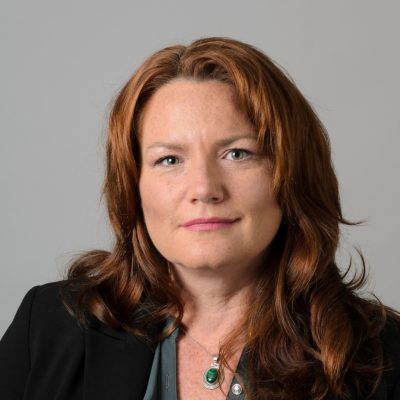 Warmest congratulations to Professor Leslie Shor on her appointment as the next Dean of the Graduate School and Vice Provost for Graduate Education at the University of Connecticut.
Warmest congratulations to Professor Leslie Shor on her appointment as the next Dean of the Graduate School and Vice Provost for Graduate Education at the University of Connecticut.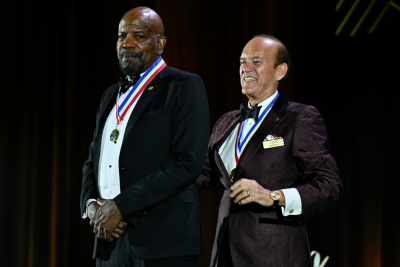 Warmest congratulations to Professor Cato Laurencin on his remarkable achievement of being inducted into the prestigious Plastics Hall of Fame. This honor recognizes his pioneering contributions to the field of regenerative engineering, where he has revolutionized the use of polymeric materials in developing cutting-edge medical devices, biologics, and pharmaceuticals. Prof. Laurencin’s groundbreaking work has transcended traditional boundaries, improving the lives of countless individuals worldwide.
Warmest congratulations to Professor Cato Laurencin on his remarkable achievement of being inducted into the prestigious Plastics Hall of Fame. This honor recognizes his pioneering contributions to the field of regenerative engineering, where he has revolutionized the use of polymeric materials in developing cutting-edge medical devices, biologics, and pharmaceuticals. Prof. Laurencin’s groundbreaking work has transcended traditional boundaries, improving the lives of countless individuals worldwide.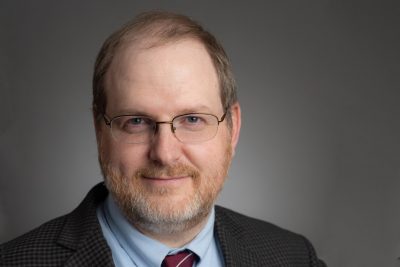 Warmest congratulations to Professor
Warmest congratulations to Professor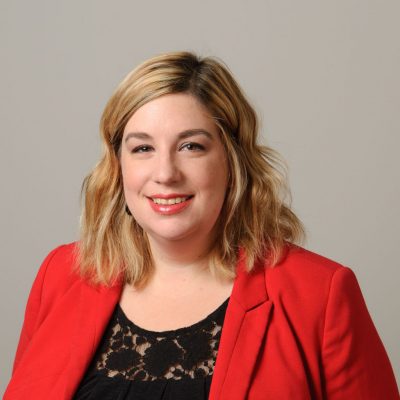

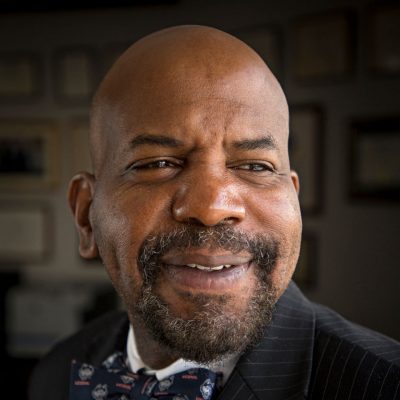 The American Chemical Society held the Kathryn C. Hach Award for Entrepreneurial Success Symposium on March 19th in honor of Dr. Cato T. Laurencin for his transformative work in regenerative engineering. The Hach Award acknowledges remarkable entrepreneurs who innovate and introduce novel products, services, companies, or industries using chemistry’s transformative potential to enhance lives and bolster economic growth.
The American Chemical Society held the Kathryn C. Hach Award for Entrepreneurial Success Symposium on March 19th in honor of Dr. Cato T. Laurencin for his transformative work in regenerative engineering. The Hach Award acknowledges remarkable entrepreneurs who innovate and introduce novel products, services, companies, or industries using chemistry’s transformative potential to enhance lives and bolster economic growth.